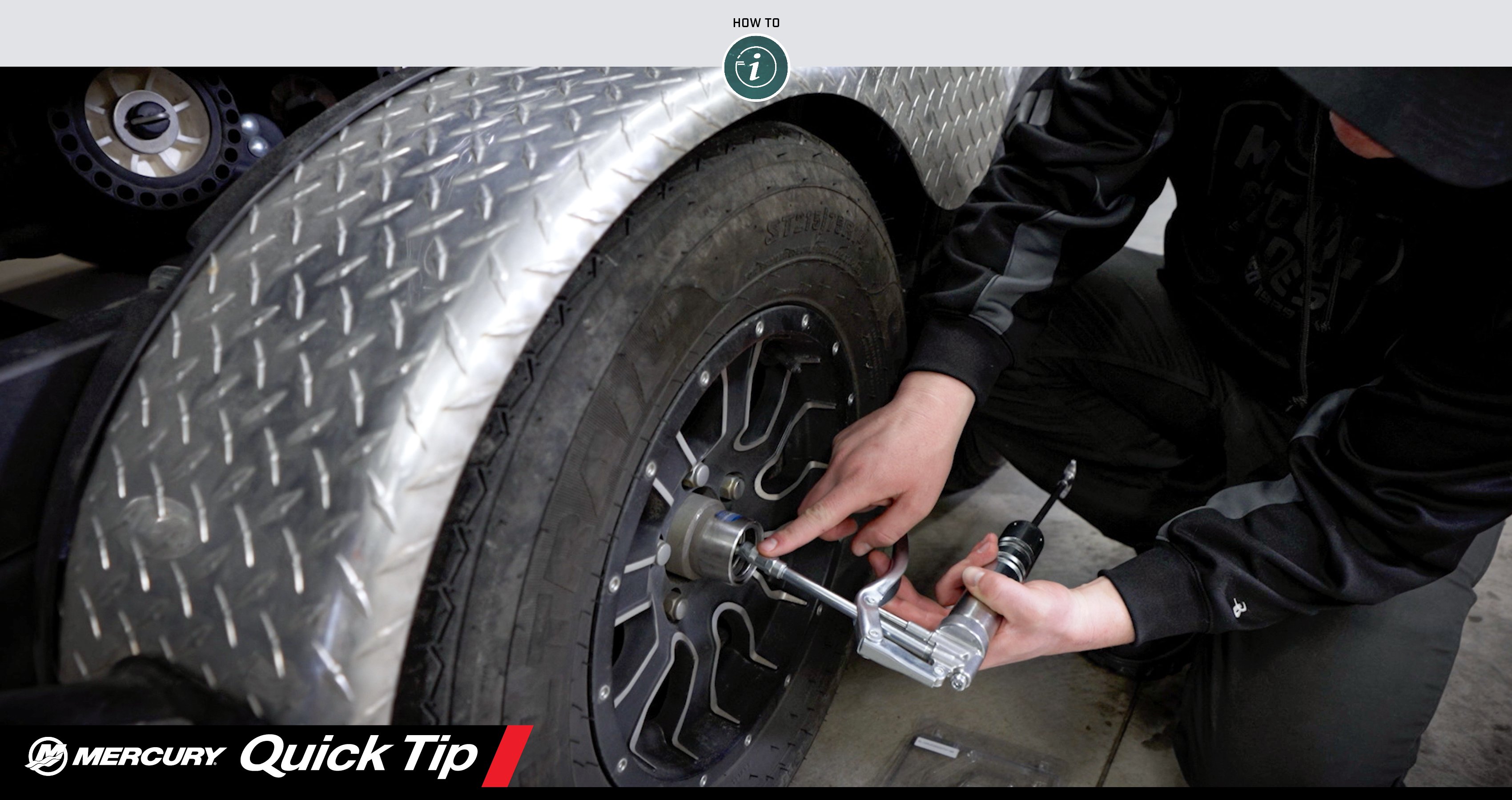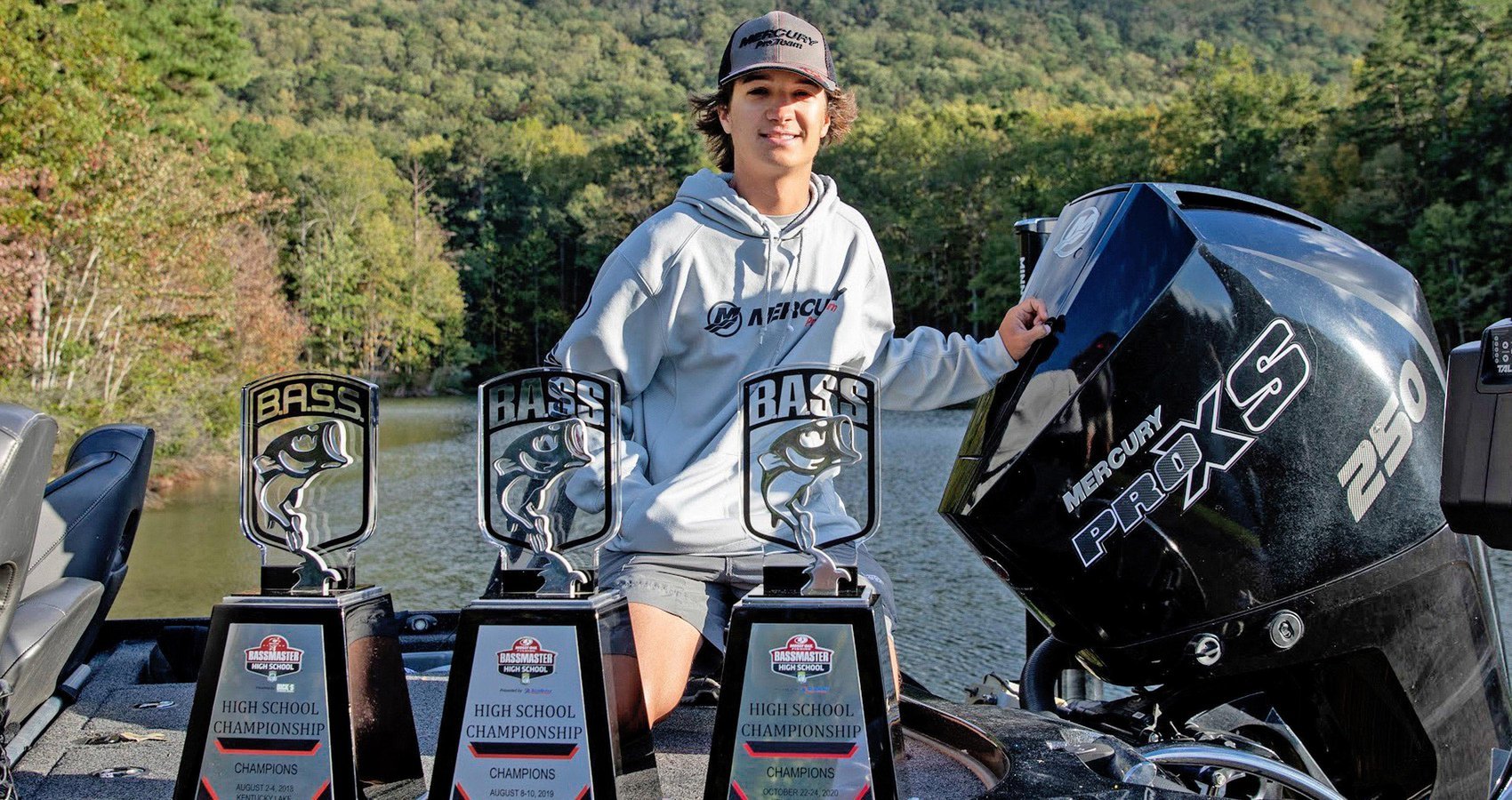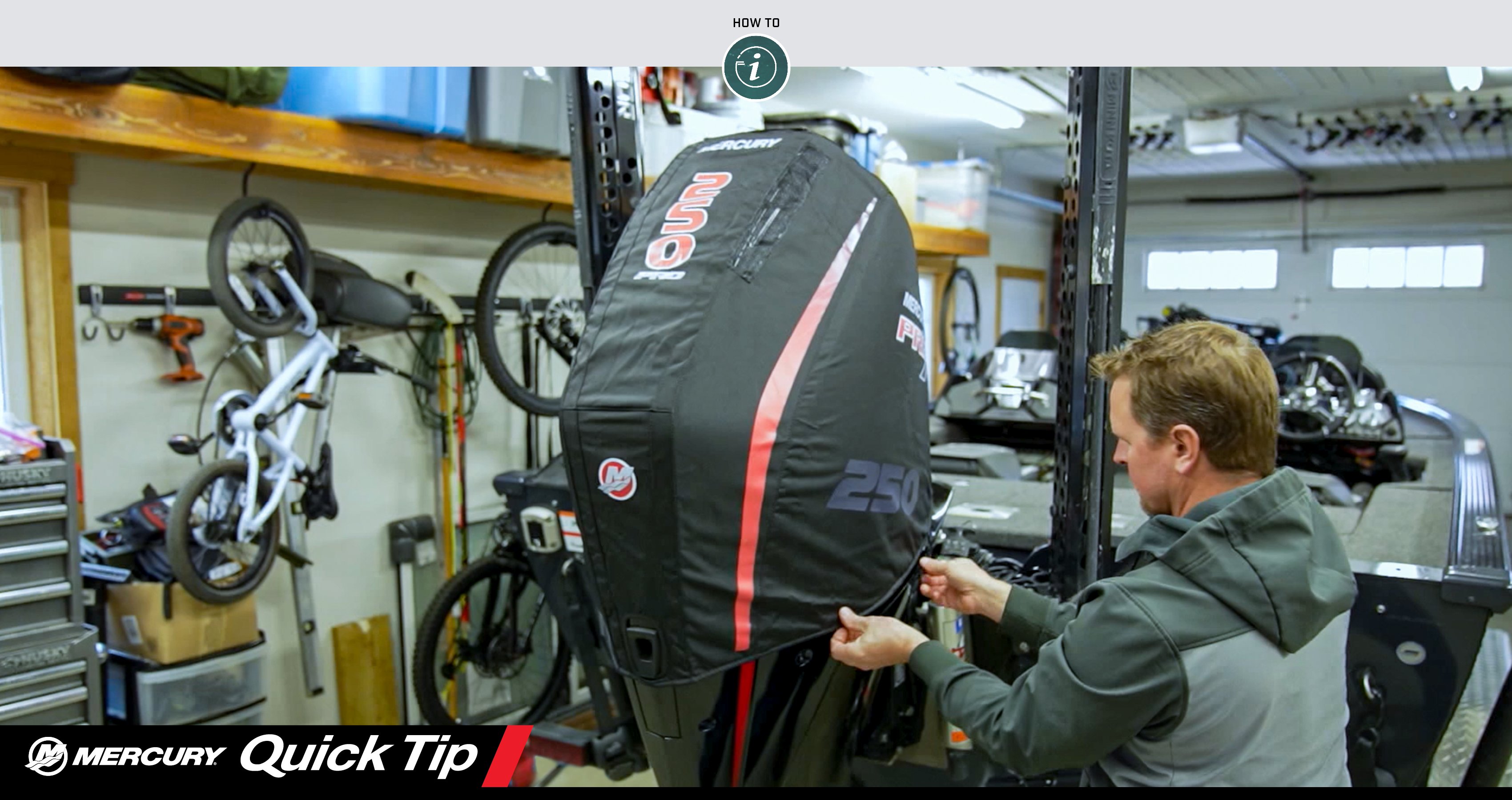Arguably the most sought-after inshore sportfish, tarpon are capable of consistently challenging even the most experienced of anglers. The “silver king” is known for its fickle feeding behavior, acrobatic airborne leaps and weights of up to 280 pounds – which means you need to make the most of every opportunity by gearing up right.
This guide to tarpon fishing with spinning gear will run you through the basic rod and reel setup to use, line and leader considerations, a few of the best live baits, and the knots to learn for success.
Spinning Rod and Reel Setup
Go with an 8-foot spinning rod. The extra length will give you increased casting distance, which is particularly important when fishing for tarpon in clear waters like what anglers encounter in the Florida Keys. If you motor up too close to a pod of fish, you’ll miss opportunities by spooking them off.
It should also be a heavy-power, fast-action rod, which will give you the advantage when battling large fish and keep the fight time to a minimum (fighting a tarpon for too long can stress a fish to the point that it may not survive).
When considering the type of spinning reels to use for tarpon fishing, a 7000 to 8000 series spinning reel with a heavy-duty drag system is recommended. It’s also very important to make sure you have the drag set right. If the drag is set too tight, the line can break or the hook can pull out of the fish's mouth. If the drag is set too loose, you won’t get a good hookset on the fish. A good rule of thumb for tarpon fishing is to set the drag at 20-25% of the line weight, which you can set using a digital fish scale.
Main Line and Leader
Tarpon take long, hard runs when first hooked, so you’ll need to have plenty of line spooled on your reel. Make sure the reel you choose can hold at least 250 yards of 50-pound-test braided main line. From there, you’ll want to tie on about 8 feet of 50- to 80-pound-test fluorocarbon leader material.
Knots and Rigging
Strong knots that connect long fluorocarbon leaders securely to heavy braided line are crucial when targeting big tarpon. Two knots that consistently rank high on the breaking strength scale for this connection are the improved Bristol knot, which connects to a Bimini loop in the braided main line, and an improved or modified FG knot. You can learn how to tie these two knots by watching video tutorials and practicing the steps. The more you practice, the faster and easier it will be for you to tie them quickly on a boat or when rigging your tackle.
For live-bait presentations, two of the best terminal knots for tying your hook to your leader are the non-slip loop knot and figure 8 loop knot.
Hooks and Live Bait
Stock up on non-offset circle hooks in sizes 6/0 to 10/0, depending on the type of live bait you plan to use (use smaller hooks when fishing with smaller baits). For example, many captains and guides use a 6/0 circle hook when targeting tarpon with small crabs and threadfin herring. Using non-offset circle hooks is important to greatly reduce the chance of a fish becoming gut hooked and improve catch-and-release survival rates. Some of the best live baits to use for big tarpon are mullet, blue crabs, threadfin herring and pinfish.
Whether you want to chase tarpon down in the Florida Keys or catch the migration around the Panhandle, use this guide to rig up right. Then be ready to experience the adrenaline rush that comes with chasing the legendary silver king.



